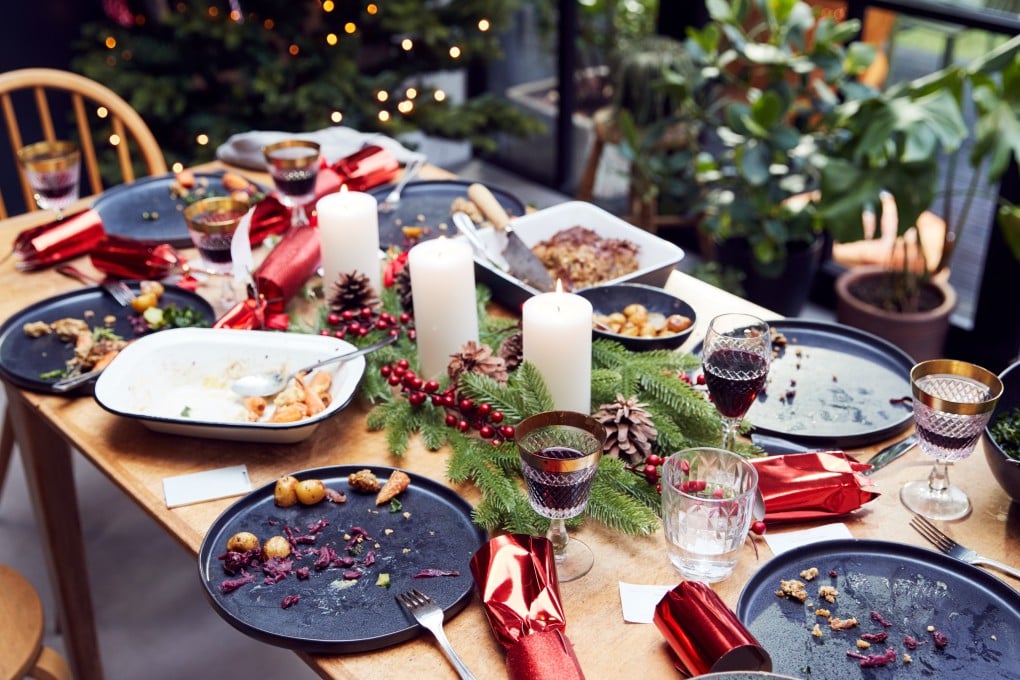The safe way to deal with leftovers before they go bad
If you want to avoid food poisoning and enjoy more of your holiday meal the following day, be sure to follow these rules

Around this time of year, it’s likely you’ll be attending a whole bunch of dinners, whether or not you celebrate Christmas, Hannukah, Kwanzaa or Hogmanay. From one last mass meal with friends before you head home for the term break to family gatherings with branches of the fam you didn’t know were in town, most of us prepare for a season of excess.
The excess spills over to leftovers, too. Most people find they have plenty remaining. It’s a problem so common that experts have linked holiday leftovers to a seasonal increase in food poisoning cases.
The US Centres for Disease Control and Prevention reports that outbreaks of a bacteria that causes food poisoning occur most often in November and December. Many of those outbreaks have been linked to common holiday foods such as turkey and roast beef.
And while for many people food poisoning is a short-lived discomfort, for vulnerable members of dining party – such as the young, elderly or chronically ill – it could be life-threatening.
“Food-borne illnesses are no joke,” Lisa Yakas, a senior project manager at NSF International, said. The organisation develops health standards and certifications for food, water and consumer products.
Here’s how to protect yourself and your family:
Store the leftovers quickly
The holiday season spike in food poisoning outbreaks reported by the CDC occurs because of a bacteria that grows in cooked foods left at room temperature.